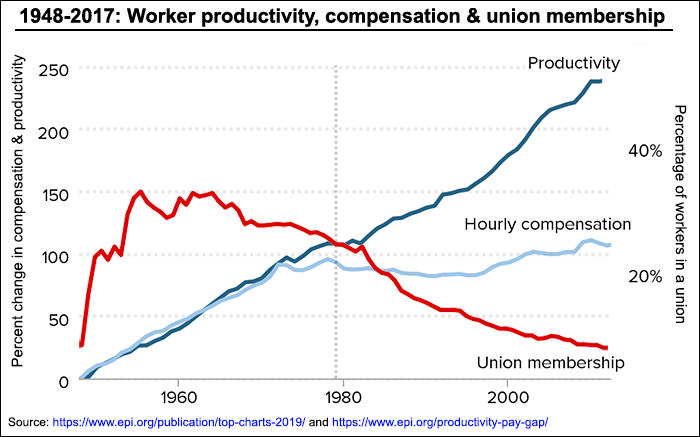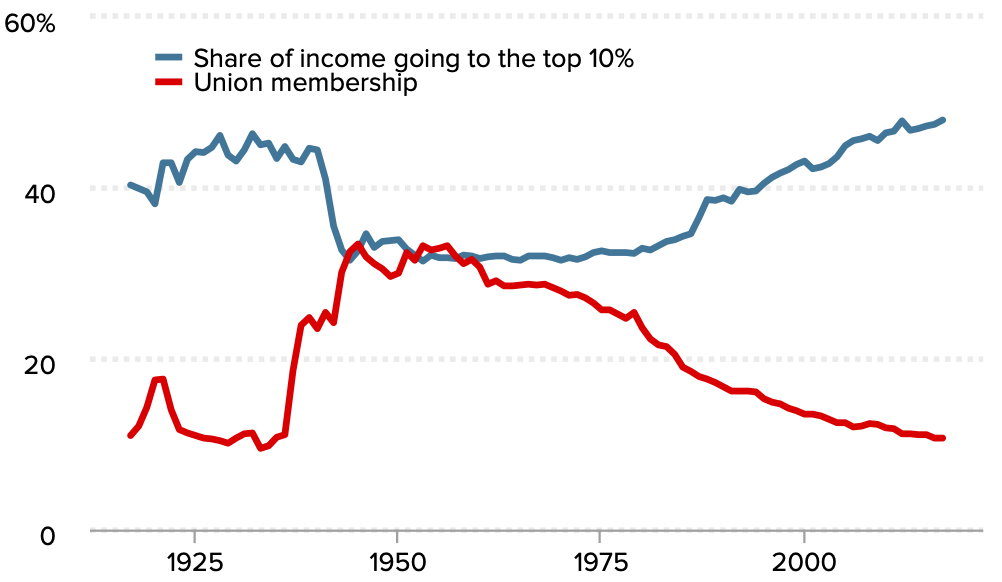VW’s Chattanooga Assembly Plant has voted to join UAW, in a historic move on the back of several recent union wins in the US.
The UAW have had quite a year, launching an unprecedented strike against all three major US automakers at the same time last September. The tactic worked, and six weeks later the UAW had made a deal with all three automakers, winning big pay increases and other assurances from each of them.
The win didn’t just help UAW workers, though, as soon after the strikes closed, several other companies announced big pay increases. Workers at VW, Hyundai, Toyota, Honda and Tesla all earned pay increases of about 10% or more as companies recognized the need to compete for skilled workers with better packages.
UAW President Shawn Fain called this “the UAW bump,” and said UAW stands for “U Are Welcome,” highlighting to non-union workers that strong unions help workers across the economy, not just at their own respective shops.
After these wins, the UAW announced their intention to unionize all other US automakers at the same time – an idea which President Biden lent his support to. UAW encouraged employees from other plants to signal their intent to join up by signing a union card through the website uaw.org/join/.
Fain even said that when the newly-negotiated contracts with the “Big Three” come up for renegotiation (on May 1, 2028 – International Workers’ Day), that this time the negotiations “won’t just be with a Big Three, but with a Big Five or Big Six” – meaning that the UAW plan to have unionized other automakers by that timeframe.
And today, they’ve got their first big win.
Today’s VW vote was the first test of UAW’s strategy, and while votes are still being counted, 2,300 workers have voted yes out of around 4,300 eligible workers, meaning that even if all remaining votes are “no” votes, the measure would still pass with a majority. It seems likely that around three-quarters of votes will end up “yes” votes when the counting is all said and done.

Chattanooga’s vote makes history in several ways. It’s the first time in over 50 years that an automaker has newly unionized in the US, the first unionized auto plant in the US South, and the first time a plant owned by a foreign automaker has unionized in the US.
Prior to the vote, Chattanooga was actually VW’s only non-union plant worldwide. In fact, in VW’s home country of Germany, every company over a certain size must have worker representation, generally in the form of union representatives, on the company board.
The plant had conducted other union votes in the past, in both 2014 and 2019, but those failed with 47 and 48 percent in favor, respectively. But the plant has more than doubled in employment since 2019, along with more union momentum now than there was then.
Past votes lost at least partially due to opposition from republican state government officials who oppose worker representation. Today’s vote was also opposed by Tennessee’s republican governor, Bill Lee, and republican governors from other nearby states.
Past votes were also affected by corruption scandals that left UAW’s former appointed presidents in prison. Current UAW President Fain is the first elected UAW president, as opposed to previous presidents that had all been appointed.
VW’s Chattanooga plant currently produces the VW ID.4 and the VW Atlas. The ID.4 was brought to Chattanooga in order to gain access to the US EV tax credit, and VW has considered bringing production of other EVs to the plant.
This was the first success of UAW’s new strategy, but it may not be the last. There is already another vote scheduled for next month at Mercedes’ plant in Alabama (a state where republican lawmakers recently passed a law to try to limit worker representation). That vote will occur from May 13-17, and if successful, would mean nearly 10,000 unionized autoworkers in the South over the course of just a few weeks.
Electrek’s Take
Unions are having a bit of a moment in the US, in recent years reaching their highest popularity ever since surveys started asking about them.
Much of union popularity has been driven by COVID-19-related disruptions across the economy, with workers becoming unsatisfied due to mistreatment (labeling everyone “essential,” companies ending work-from-home) and with the labor market getting tighter with over 1 million Americans dead from the virus and another 2-4 million out of work due to long COVID.
Unions have seized on this dissatisfaction to build momentum in the labor movement, with successful strikes across many industries and organizers starting to organize workforces that had previously been non-union.
However, union membership has been down over several decades in the US. As a result, pay hasn’t kept pace with worker productivity, and income distribution has become more unequal over time. It’s really not hard to see this influence when you plot these trends against each other.


It’s quite clear that lower union membership has resulted in lower inflation-adjusted compensation for workers, even as productivity has skyrocketed. As workers have produced more and more value for their companies, those earnings have gone more and more to their bosses rather than to the workers who produce that value. It all began in the ’80s, around the time of Reagan – a timeline that should be familiar to those who study social ills in America.
All of this isn’t just true in the US but also internationally. If you look at other countries with high levels of labor organization, they tend to have more fair wealth distribution across the economy and more ability for workers to get their fair share.
We’re seeing this in Sweden right now, as Tesla workers are still striking for better conditions. Since Sweden has 90% collective bargaining coverage, it tends to have a happy and well-paid workforce, and it seems clear that these two things are correlated. That strike is still continuing, but Tesla CEO Elon Musk – who just fired 14,000 people while holding the company hostage and begging for a $55 billion payday for himself – is seemingly uninterested in negotiating.
These are all reasons why, as I’ve mentioned in many of these UAW-related articles, I’m pro-union. And I think everyone should be – it only makes sense that people should have their interests collectively represented and that people should be able to join together to support each other and exercise their power collectively instead of individually.
This is precisely what companies do with industry organizations, lobby organizations, chambers of commerce, and so on. And it’s what people do when sorting themselves into local, state, or national governments. So naturally, workers should do the same. It’s just fair.
FTC: We use income earning auto affiliate links. More.




